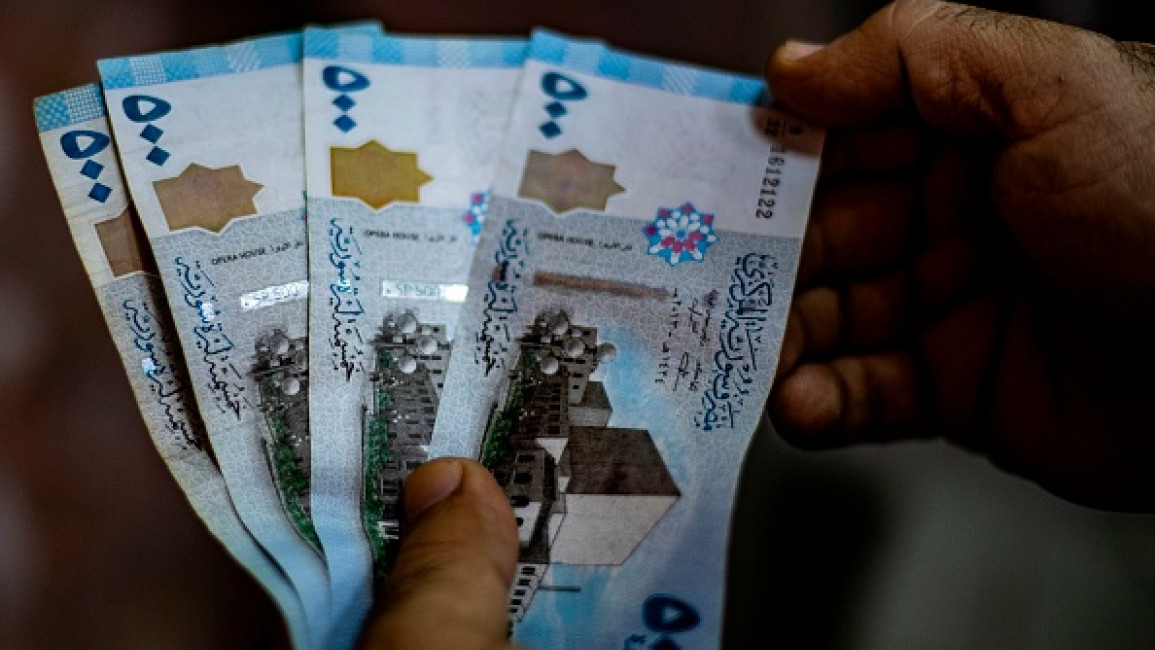Syria’s national currency, the Syrian pound (SYP), dropped to a historic low on Monday night, trading at SYP 5,000 to the US dollar.
The currency dip was a grim milestone as Syria’s economy comes up on its third year of economic crisis.
“The current decline is mainly due to the appreciation of the dollar on global markets. In a month, the US dollar appreciated about 13 per cent against the Syrian pound,” Benjamin Fève, a researcher at the Syria Report, told The New Arab.
“Of course, to this, you have to add the ever-deteriorating economic situation in Syria that continues to push down the value of the Syrian pound, which preceded the USD’s appreciation,” Féve continued.
Syrians have experienced a steady loss of purchasing power since 2019 when a combination of Lebanon’s economic crisis, US sanctions and persistent corruption caused the pound to tank.
Prior to Syria’s revolution and subsequent civil war in 2011, the Syrian pound traded at about 46 SYP per dollar.
The depreciation of the pound has caused imports to skyrocket in price and shortages of key goods, such as gas and foodstuffs. With the continued decline in the value of the pound, the cost of imports and overall cost of living is expected to increase, Féve added.
Poverty and food insecurity are extremely high in Syria, which despite a relative decrease in fighting in recent years, continues to witness a deterioration in living standards.
About 12.4 million people – 60 per cent of the population – in Syria suffer from food insecurity, according to the WHO’s latest assessment. The threat of hunger has “never been higher,” the WHO said.
A crippling drought and high cost of inputs – many of which are imported – have also hamstrung local agriculture. Last year’s wheat harvest was the worst in half a century, the UN reported earlier this year.
In addition to hunger and poverty, Syria has also faced an unprecedented outbreak of cholera in the past month.
Relief organisations have warned that without redoubled efforts to ensure access to clean water and medical supplies, the country could be on the brink of a deadly epidemic.
The Syrian Observer has not verified the content of this story. Responsibility for the information and views set out in this article lies entirely with the author.


